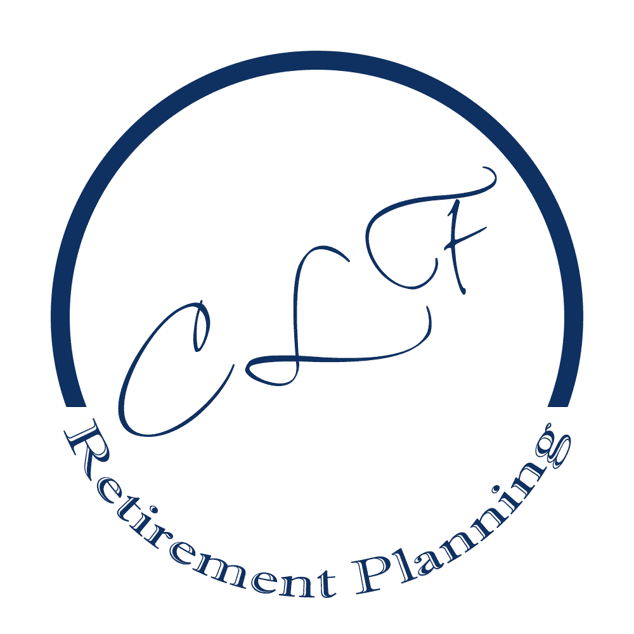There are advantages for both the employer and the employee. Here are just a few:
Advantages for Employers:
- Attract and retain employees: Offering a 401(k) plan can help attract and retain talented employees. A retirement plan is often seen as a valuable benefit that can set an employer apart from competitors.
- Tax savings: Employers can save on taxes by contributing to their employees’ 401(k) plans. Employer contributions to a 401(k) plan are tax-deductible, reducing the employer’s taxable income.
- Reduced payroll taxes: When employees contribute to their 401(k) plans, their taxable income is reduced, which can lower the employer’s payroll taxes.
- Improved morale: Offering a retirement plan can improve employee morale and job satisfaction. Employees who feel that their employer is invested in their future are often more engaged and productive.
Advantages for Employees:
- Tax benefits: Contributions to a 401(k) plan are tax-deductible, which can reduce an employee’s taxable income. The earnings on the investments in the plan grow tax-free until the money is withdrawn.
- Employer contributions: Many employers offer matching contributions to their employees’ 401(k) plans, which can help employees save more for retirement.
- Flexibility: 401(k) plans often offer a range of investment options, allowing employees to tailor their investment strategy to their individual needs and goals.
- Portability: If an employee changes jobs, they can often roll their 401(k) plan into an individual retirement account (IRA) or another employer’s 401(k) plan, giving them continued access to the tax benefits and investment opportunities of the plan.
A 401(k) Plan is a great way to save for your retirement. In a 401(k) plan, you are able to put a portion of your pay away pretax. The greatest feature is that you do not pay taxes on that money until you withdraw it from the plan.
A Roth (k) is not a pre-tax contribution but when a distribution is made, the Roth (k) plus any earnings are tax free, if the contributions are in the plan for 5 years and the participant is 59 1/2.
A cash balance plan is a type of defined benefit pension plan that allows employees to accrue retirement benefits in the form of a hypothetical account balance. In a cash balance plan, the employer sets aside funds for each employee based on a predetermined formula, typically a percentage of the employee’s salary and years of service. The employer bears the investment risk and responsibility for funding the plan, and the employee is guaranteed a certain benefit amount upon retirement.
Unlike traditional defined benefit plans, cash balance plans provide greater transparency and portability to employees, who can see the value of their account balance grow over time and may have the option to roll over their benefits into an IRA or another retirement plan if they leave their employer. Cash balance plans are also subject to certain funding and vesting rules under federal law, which can vary depending on the plan design and the employer’s contribution strategy.
